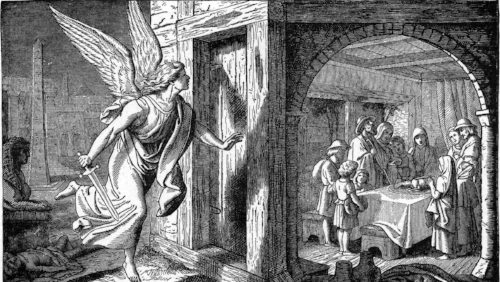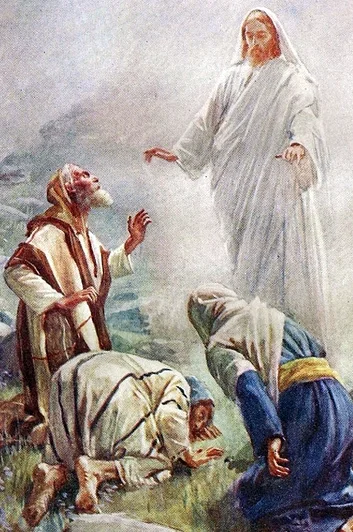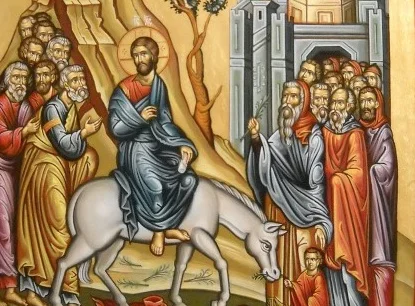This card is about Potiphar’s Wife and her treatment of young Joseph in Genesis chapter 39. But let’s call a spade a spade; you (or someone you love) is currently hung up on the fact that we used the word “bitch” in this game. We’ve heard the complaints.
For the record, we don’t like that word. It is an ugly, offensive word. We changed this card multiple times while creating this game. We talked of cutting this card out of the game altogether. The Bible has enough accusations of propping up the patriarchy and unrelenting misogyny without our help. We discussed it, seriously, for quite some time, until late one night we came to unflinching decision, and said in near unison, “no, she was a bitch.”
So now we have to defend that.
As an insult the word “bitch” supposedly has its roots in a comparison between a female dog in heat and a promiscuous or sexually aggressive woman. Some of the more modern usages describes a female (or male) who goes out of her way to harm, disparage, or interfere with the life of another, especially if that other person does not deserve the pain (for an insightful article on this topic, click here).
Are there other usages to this word? Yes. Do we condemn the word on those grounds, in those instances? Yes. But by the definitions above, in the biblical situation, Potiphar’s wife was ontologically a “bitch” regardless of how one would finesse the story.
This card isn’t “slut shaming” or supporting “rape culture,” it’s the exact opposite. Look at the facts:
A married woman, in a position of power (racially, culturally, financially, socially), sexually harassed her slave— Joseph— for months, maybe years. After he kindly declined her advances, she physically assaulted him in order to force a sexual encounter. And after Joseph literally ran out of the room, leaving her clutching the clothes she ripped off his fleeing body, she falsely accused him of attempting to rape her. As a result he was thrown into prison when his only crime was saying, “you’re married, this is wrong. Thank you, but no thank you” or at the very least, “I’m just not that into you.”
That, by definition, is a bitch move.
Despite all of this, Potiphar’s wife stands as an example of an evil that extends beyond gender, to systems of power in general.
Perhaps the real question is how often are you like her, using your position of authority to oppress those beneath you? How often will you not take “no” for an answer in a way that harms others?
Perhaps those offended by the use of this word should be more offended by the answer to those questions in their own lives. Lord knows those beneath you are.
But what do we know: we made this game and you probably think we’re going to Hell.



![O Come, O Come Emmanuel (Isaiah 7:14) [An Advent Card Talk]](https://images.squarespace-cdn.com/content/v1/55a9a1e3e4b069b20edab1b0/1483161046976-X5VJE3CMP9T957O72EII/3d-wallpapers-light-dark-wallpaper-35822.jpg)






